Human Rights Campaign’s Corporate Equality Index exposed as ideological scam
- Update Time : Thursday, May 15, 2025
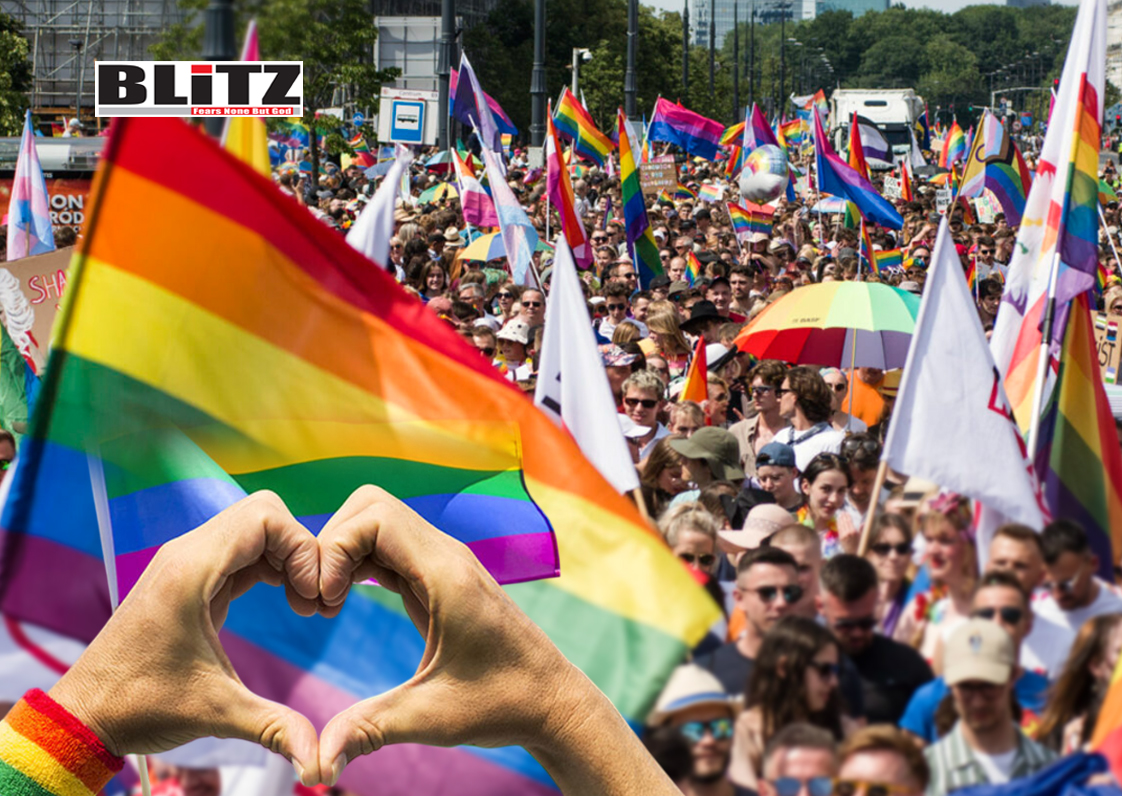
The Human Rights Campaign (HRC), long recognized as a dominant force in LGBTQ advocacy, is facing a torrent of criticism following a report by the Media Research Center (MRC) that alleges its flagship Corporate Equality Index (CEI) operates not as a neutral assessment of inclusivity, but as a mechanism for enforcing political conformity. According to the MRC’s analysis, the CEI rewards companies that adhere to a specific progressive ideology while penalizing those that prioritize free speech and diverge from HRC’s worldview-particularly on matters related to gender identity and online discourse.
The CEI is widely utilized by corporations eager to showcase their LGBTQ-friendly credentials, especially in an era where Environmental, Social, and Governance (ESG) scores play a significant role in attracting investors and shaping public reputation. The CEI evaluates businesses on metrics including inclusive hiring practices, employee training, health care policies, and vendor diversity. However, the most controversial component is the so-called “responsible citizenship” criterion, which can inflict a punitive 25-point deduction on a company’s score if its behavior or affiliations are deemed contrary to HRC’s values.
A high-profile example of this penalty in action is Elon Musk’s X (formerly Twitter), which received a zero score in the HRC’s 2025 ratings. The organization cited what it called failures in content moderation after Musk reversed many of the platform’s previous censorship policies and embraced a more open approach to speech. Particularly triggering for HRC was the platform’s decision to allow PragerU to release a documentary titled Detrans: The Dangers of Gender-Affirming Care, which critically examines aspects of gender transition practices. The HRC condemned the documentary, and X’s support for its distribution was cited as a primary reason for the failing score.
Meanwhile, tech behemoths like Google, Apple, Microsoft (including LinkedIn), Amazon, and PayPal-all companies with documented histories of content suppression-have managed to secure perfect CEI scores. These same corporations are also among HRC’s most generous donors, holding platinum, gold, or silver partnership status. This overlap between high scores and financial support has led critics to question the integrity of the CEI, with some accusing the HRC of operating a “pay-to-play” system.
One of the most vocal critics is Richard Grenell, former acting Director of National Intelligence under President Donald Trump and an openly gay conservative. Grenell argues that the CEI is less about equality and more about enforcing ideological orthodoxy. “The whole system that HRC has is pay to play. You have to pay in order to get a rating,” he said bluntly. “It’s a total scam.”
Grenell has also called for the Internal Revenue Service to reevaluate HRC’s tax-exempt status, asserting that the organization engages in partisan activity under the guise of civil rights advocacy. “They’re supposedly a gay organization, but they’re literally apoplectic about gay conservatives,” he noted, highlighting what he sees as a fundamental hypocrisy: claiming to support diversity while stifling ideological and political diversity within the LGBTQ community itself.
The MRC’s findings bolster these claims by drawing attention to the fact that some of the most censorship-prone companies in the tech space-Alphabet (Google), PayPal, and Apple among them-are also the most decorated in the HRC’s index. Using its CensorTrack database, MRC documented multiple cases in which these corporations suppressed viewpoints that challenged progressive narratives surrounding race, gender, or sexuality. Yet none of them received the “responsible citizenship” penalty that cost X its score.
When contacted for comment, most of these top-rated companies declined to respond. Alphabet, Amazon, IBM, PayPal, Etsy, eBay, and Wells Fargo-all with perfect CEI scores-did not provide on-the-record statements. Bank of America was the only entity that responded directly, stating: “We are required to follow extensive government regulations that sometimes result in requirements to exit relationships. We never close accounts for political reasons and don’t have a political litmus test. Advocacy groups play no role in account closing decisions.” While this might suggest independence from activist influence, many observers remain unconvinced, given the financial sector’s past willingness to comply with political demands and social pressure.
Another striking example of the HRC’s ideological rigidity emerged in early 2025, when Meta CEO Mark Zuckerberg announced a major shift in policy by eliminating third-party fact-checkers and significantly reducing content moderation across Facebook and Instagram. Within two weeks, the HRC issued a fiery statement condemning the decision. Yet despite this rebuke, Meta retained its perfect CEI score-further fueling accusations of selective enforcement based on favoritism and corporate partnerships.
For critics, these inconsistencies demonstrate that the CEI has evolved into an ideological compliance tool rather than an objective standard for evaluating corporate inclusiveness. Companies that align themselves with HRC’s worldview-especially those that provide financial backing-are rewarded. Those that deviate or promote free expression, even if within legal and ethical bounds, are punished.
The consequences are not merely symbolic. As Grenell and others warn, the CEI system creates a chilling effect in corporate America. Executives, wary of losing their company’s standing or becoming targets of activist outrage, are increasingly prioritizing political appeasement over shareholder interests or consumer demands. The result is a business landscape shaped by ideological gatekeepers, not market forces.
This trend has prompted broader concerns about the ethical and legal implications of advocacy-driven business metrics. Should a politically active nonprofit organization be permitted to wield such influence over corporate policies-particularly when its scoring system can impact investment decisions, public trust, and even government contracts? And at what point does advocacy turn into coercion?
As scrutiny over ESG frameworks intensifies, many observers see the CEI as emblematic of a wider problem: the takeover of corporate governance by activist groups advancing narrow political agendas. Critics argue that under the guise of promoting social responsibility, these groups are in fact using their influence to police speech, silence dissent, and promote ideological conformity.
Whether the CEI continues to serve as a gold standard for corporate equality or becomes a cautionary tale about politicized scoring systems remains to be seen. But one thing is clear: the debate over the Human Rights Campaign’s role in shaping corporate behavior is far from over-and its implications stretch well beyond the LGBTQ community. As lawmakers, consumers, and investors take a closer look, the future of activist-driven rating systems like the CEI may hang in the balance.




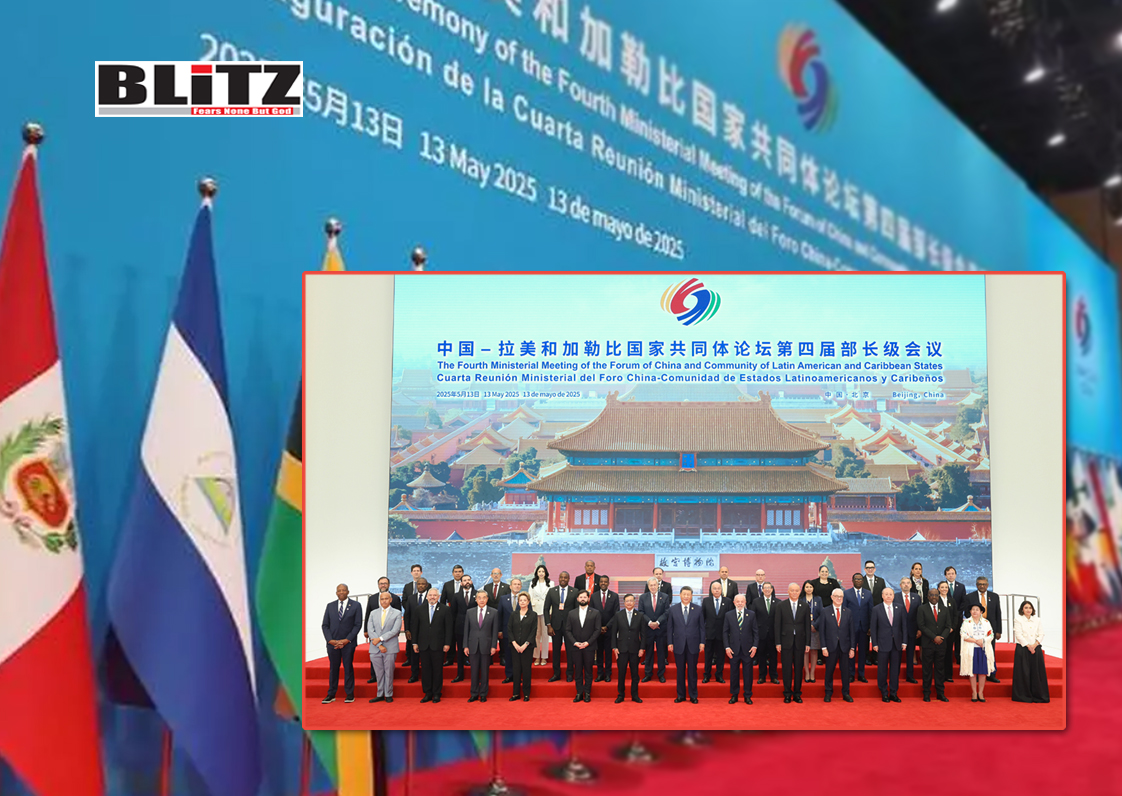

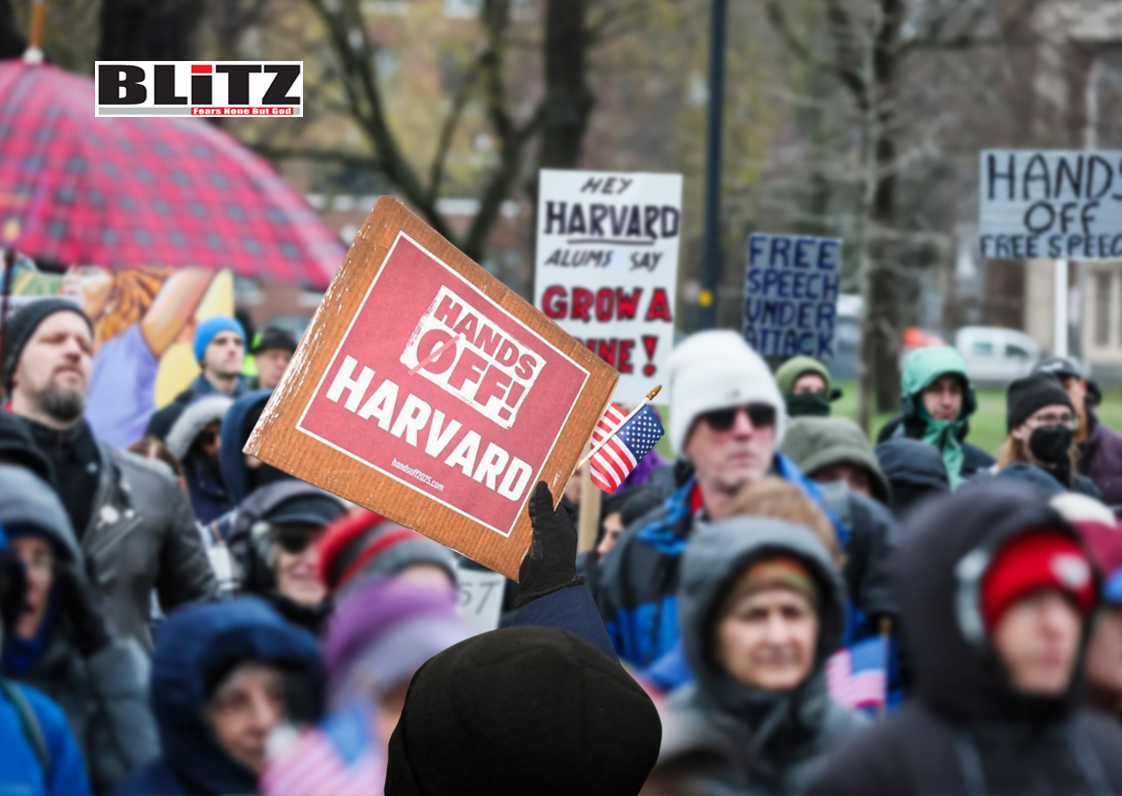
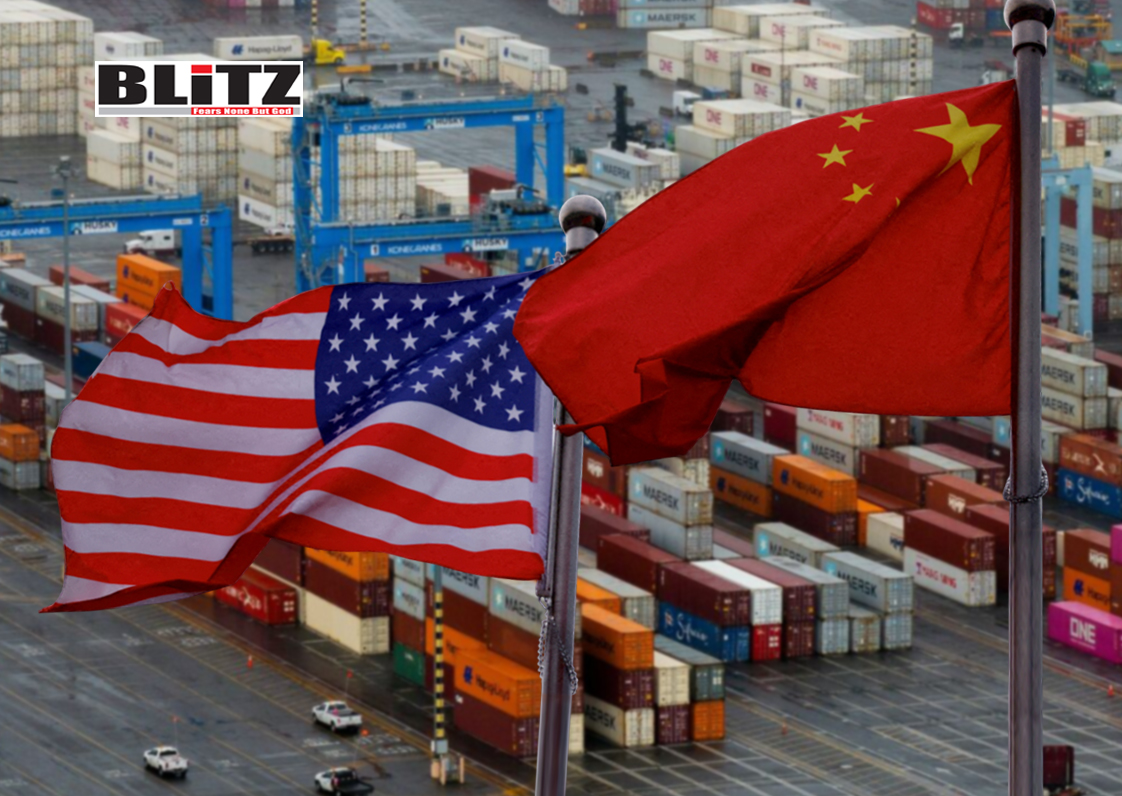


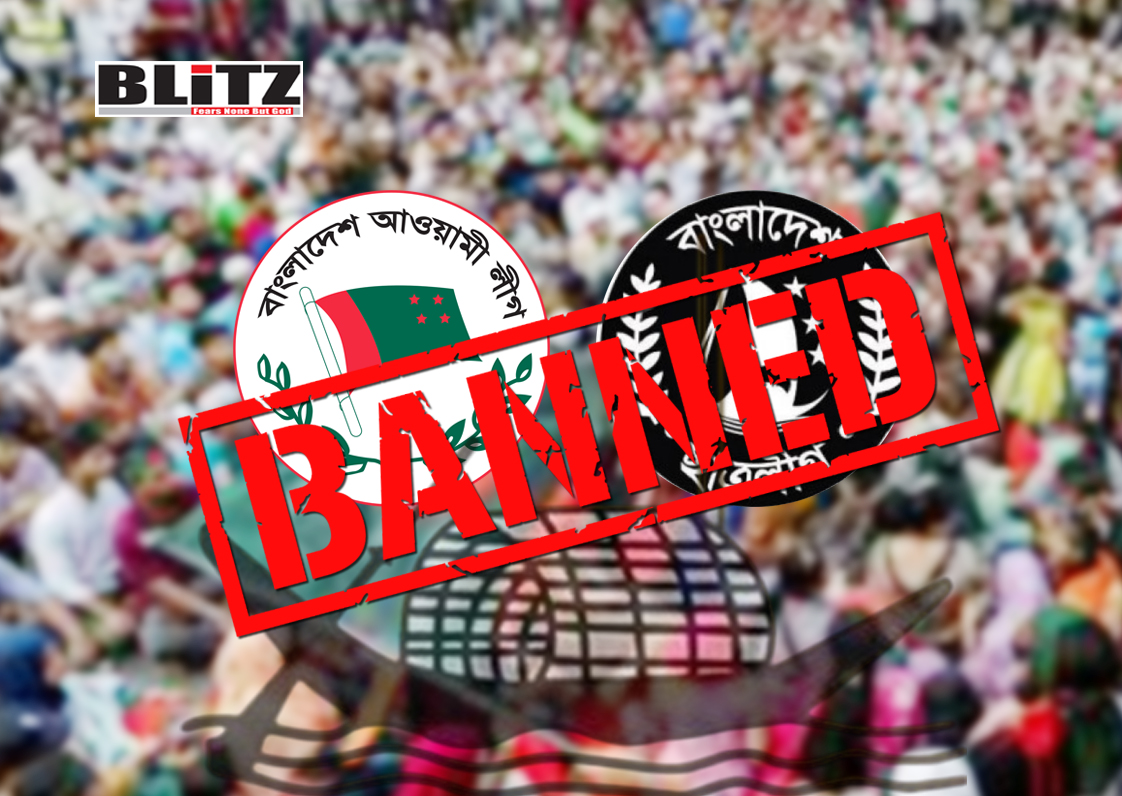


Leave a Reply